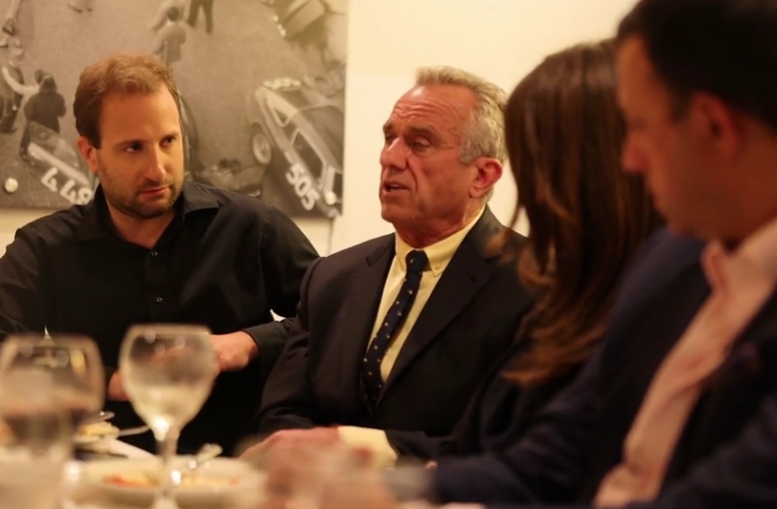
Because of the monopoly model that dominates drug development in our country, drug companies are only willing to perform epidemic response work if taxpayers fund it. And that's precisely what's happening with the Wuhan coronavirus (CoVid-19) as the National Institutes of Health (NIH) reportedly funnels about $700 million in public funding towards research and development.
All of this cash is being taken from taxpayers without their direct permission, of course, and all under the guise of providing emergency medicine. But in the end, Big Pharma will simply absorb the medicines that We the People pay for as their own, and continue to profit from them while holding exclusive licensing for their sale and use.
It's a highly corrupt system that, as usual, benefits the legal drug cartels at the expense of the American public. And, sad to say, this taxpayer money often doesn't even lead to a result that provides any measurable benefits for society, as was seen during the fairly recent Ebola epidemic.
"In 2014, as the Ebola epidemic raged on, a promising vaccine sat on the shelf," Public Citizen reports about the defects of the monopoly model of medicine.
"The small company that licensed the vaccine from the Canadian government for approximately $200,000 had failed to complete basic safety trials. It was only after the company further sub-licensed the vaccine to Merck for $50 million that it was finally made available through clinical trials. The process took over a year, producing a substantial profit for the small company."
Listen below as Mike Adams, the Health Ranger, talks about how during the Ebola crisis there were also symptomless carriers of the disease much like there now are for the Wuhan coronavirus (CoVid-19):
We the People should own all medicine in a public collective
The Coalition for Epidemic Preparedness Innovations (CEPI) admits that there are "a number of critical gaps" when it comes to vaccine funding specifically. And the agency has reportedly pumped millions of dollars from its own coffers into R&D for emerging infectious diseases, including for the Wuhan coronavirus (CoVid-19), to try to fill those gaps.
The CEPI says it's currently funding at least four new vaccine projects, though this has been the subject of much criticism, including from Médecins Sans Frontières which has accused the coalition of failing to "ensure [that] CEPI-funded vaccines will be affordable for people who need them most."
This is the very same problem with the monopoly model of medicine at large, which in essence hands over the licensing rights of life-saving medicines to greedy pharmaceuticals corporations that proceed to jack up the prices for their own benefit.
For this reason, Public Citizen and others are calling for the monopoly model to finally be put to death, especially when taxpayer money is involved. If We the People are going to be expected to fund the research into all of this medicine, then the end product should also be owned by We the People, and not by the pharmaceutical cartels.
"We need a system that prioritizes public health," Public Citizen contends. "For more than a decade, academics, economists and activists have proposed developing alternative models to incentivize R&D that do not rely on monopolies."
"The COVID-19 crisis highlights the urgent need for a new model," it goes on to add. "Implementing an approach that looks beyond monopolies could help ensure that taxpayers do not pay twice. U.S. taxpayers are compensated for their significant investment in biomedical research and development by being charged the highest medicine prices in the world."
More coverage of the Wuhan coronavirus (CoVid-19) is available at the all-new Pandemic.news.
Sources for this article include:
Please contact us for more information.






















